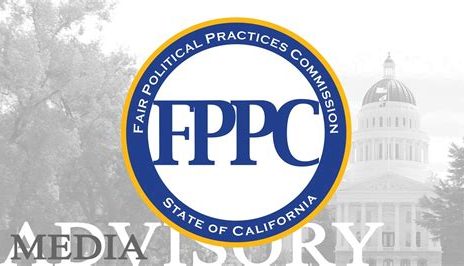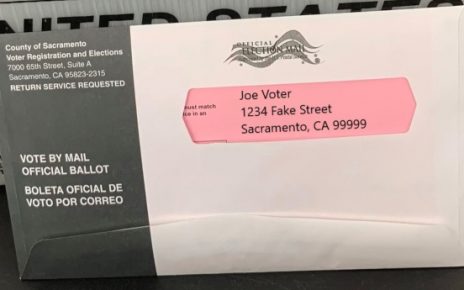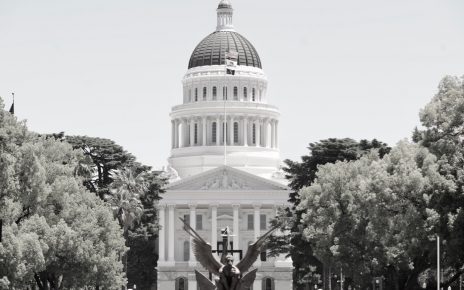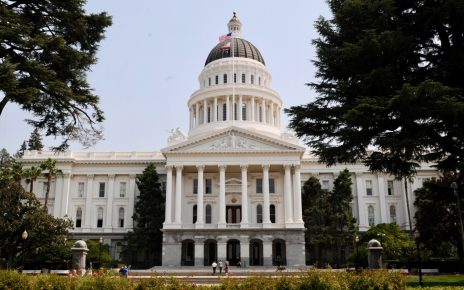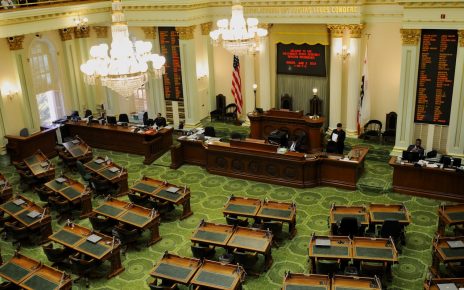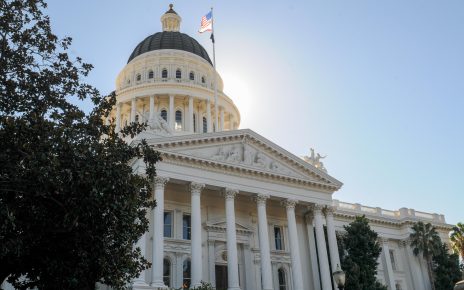California Fair Political Practice Commission Statutory Provisions
California’s Fair Political Practices Commission (FPPC) was created by Proposition 9, which was adopted by the voters in June 1974. Under Title 9 (“Political Reform”) of the Government Code is Chapter 3, which is titled “Fair Political Practices Commission,” and...

